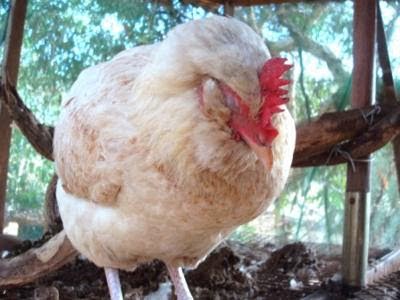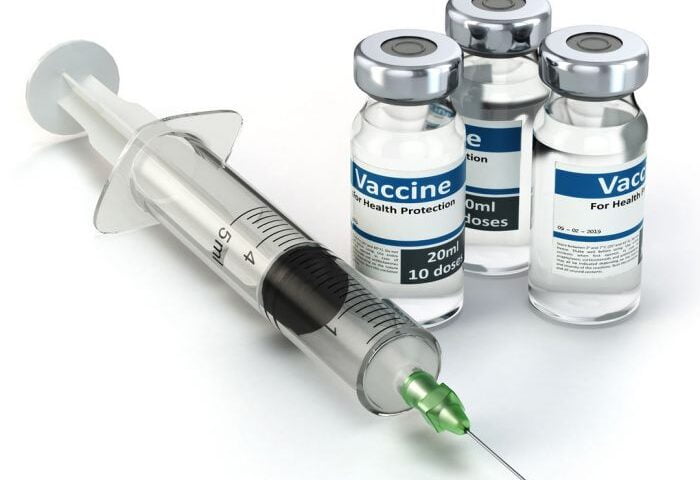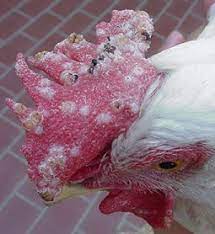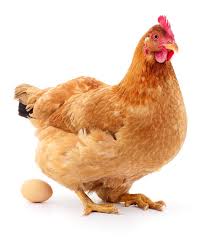Measles is an infectious disease of chickens and other poultry caused by a para-myxovirus. The birds affected by this disease are chickens, turkeys, geese, ducks, guinea fowl, quail and other wild and captive birds.
Its symptoms include:
diarrhea, green stools,
severe cold,
dizziness and eventually death.
TEMEVAC is manufactured according to quality standards under the guidance of ISO 9001:2015 quality standards as well as the standards and guidelines of the World Organization for Animal Health (WOAH).
NEWCASTLE DISEASE
This disease affects chickens of any age and when it enters a flock it can kill a large number of chickens up to 90%. Older birds are less resistant than younger ones because of the body immunity that has been built up over a longer period of time.
Cause of disease (Etiology)
This disease is caused by a Russian virus called Avian paramyxovirus-1 and is spread through the air and contact, lack of biosecurity on your farm, and contamination from vehicles, shoes, work equipment, wild birds, and tourists.
- Sudden deaths sometimes without even showing symptoms.
- swelling of the neck and head
- Paralysis of the wings and legs
- Mucus comes out of the mouth and nose.
- Affected chickens experience dizziness.
- Green, watery diarrhea
- Drowsiness, drowsiness and drooping wings
- Walking around as if having a seizure
- Egg production decreases and eggs become deformed.
- More than 90% of chickens may die
- Chickens die by bending their necks.
Arrive:
This disease has no cure other than vaccination, but you can use TRIMAZINE 30% along with Vitamins for affected chickens.
Protection:
If this disease occurs, try to separate sick chickens from adult chickens.
Prevent movement from one barn to another. Also, place a spray of Farmguard at the door before entering the barn and make sure you step on the spray.
Chickenpox is prevented through vaccination, vaccinate your chickens every three months and four times a year. (Follow the correct chickenpox vaccination schedule)
Avoid introducing new chickens from farms you are unfamiliar with and whose vaccination history you do not know about.
KNOW THE CHICKEN PUMP VACCINATION (I-2)
CHICKEN PUMP VACCINE (KIDERI) – TEMEVAC
A vaccine containing live, heat-resistant I-2 chickenpox virus that protects chickens against chickenpox.
Target animal and method of vaccination
This vaccine should be given to a bird that does not show any signs of illness. This vaccine should be used directly from the vaccine bottle and should not be mixed with anything. Place one drop of vaccine in one eye of each bird. (Other birds can be vaccinated with TEMEVAC such as ducks, guinea fowl, turkeys). The assistant should hold the bird to be vaccinated sideways with one eye directed towards the vaccinator. The vaccinator should hold the head of the bird and open the eye using the thumb and forefinger of one hand. The vaccinator should hold the vaccine bottle in the other hand, tilt it towards the eye, squeeze gently to get a drop into the bird’s eye and ensure that the vaccine is distributed throughout the eye before the bird is released.
Storage and visibility
TEMEVAC vaccine is a liquid in a 3 ml (50 doses), 5 ml (100 doses) and 10 ml (200 doses) bottle. It is stored in a plastic bottle with a sealable cap. The bottles are blue (50 doses) and white (100 and 200 doses). Store in a refrigerator at 2℃ – 8℃ for a period not exceeding four months from the date of manufacture. Never place in the freezer. If a refrigerator is not available, store on the floor/in the shade in a cool place and use as soon as possible. The vaccine should be used within 7 days of opening if it is being returned to the refrigerator after use.
Transportation
The vaccine should be transported cold in a cool box with ice or a thermos with ice cubes. If ice is not available, the vaccine bottle can be wrapped in a cotton cloth soaked in cold water and placed in a cloth bag or mesh bag during transport and used immediately.
Things to consider
Chickens should be vaccinated every 4 months.
Avoid exposing the vaccine to sunlight;
Vaccinate only healthy chickens;
Chicken is safe to eat even after being vaccinated;
This vaccine has no effect on chicks, growth or egg production;
Chickens can be vaccinated with TEMEVAC from 1-2 weeks of age and





